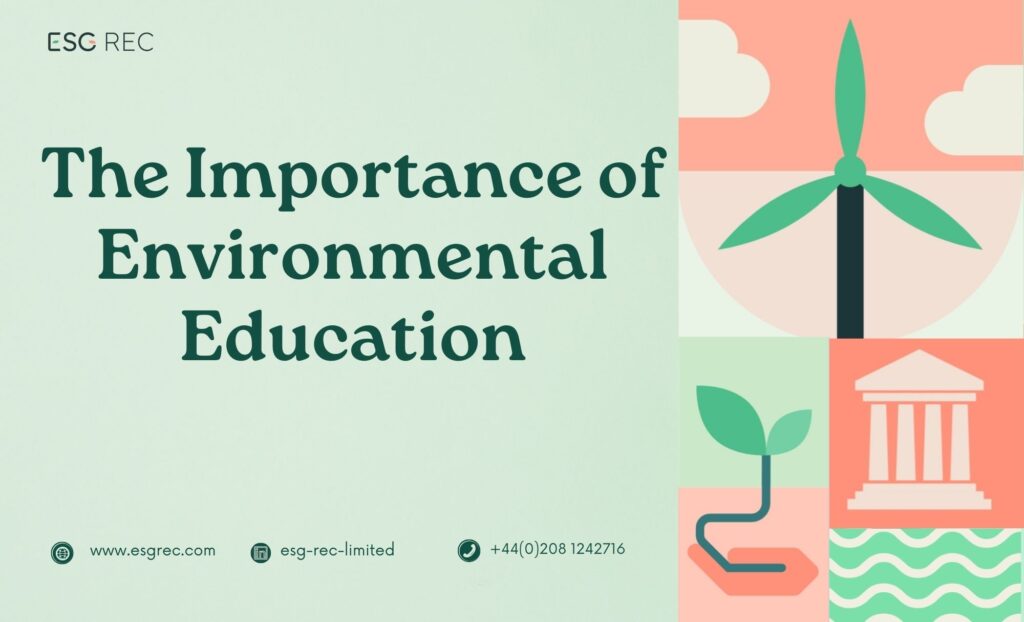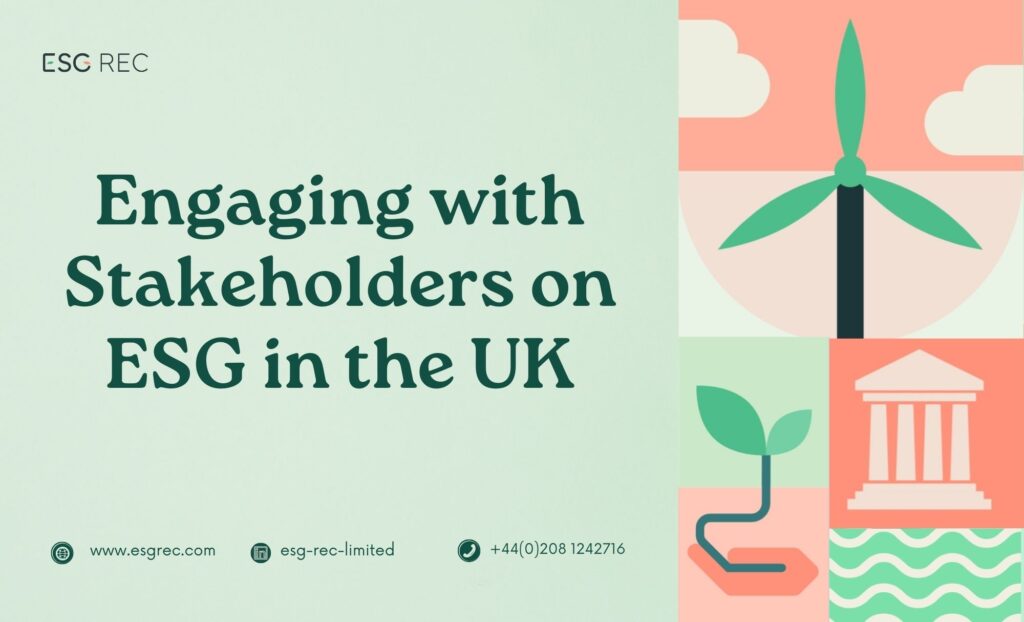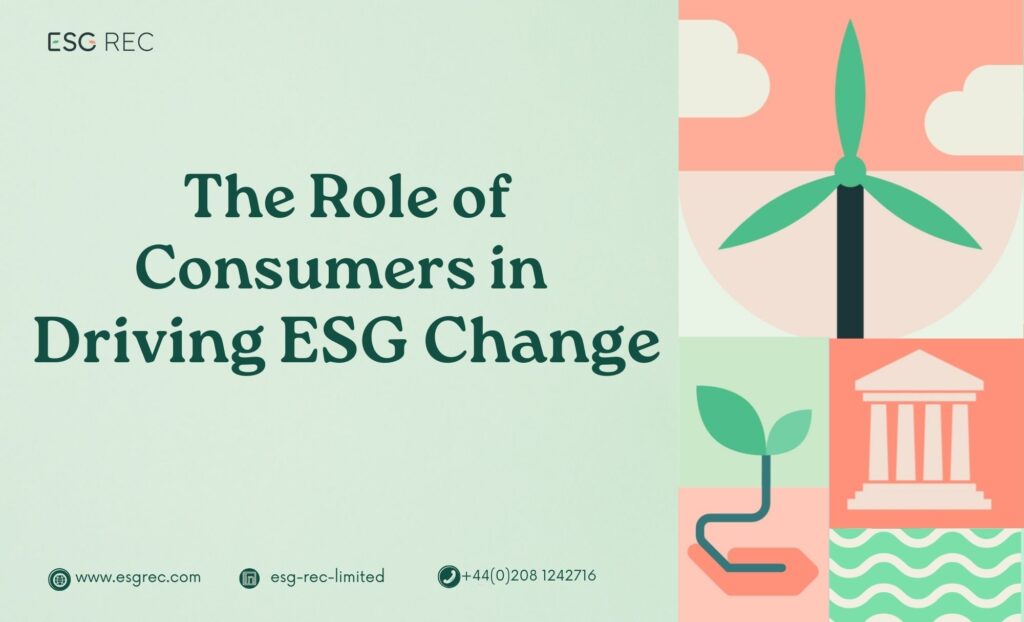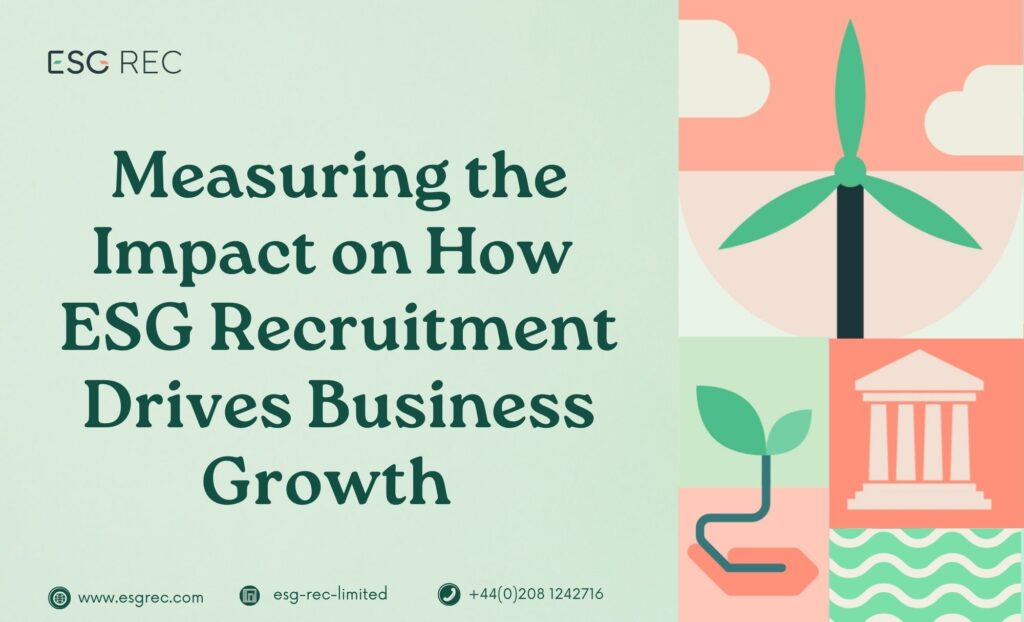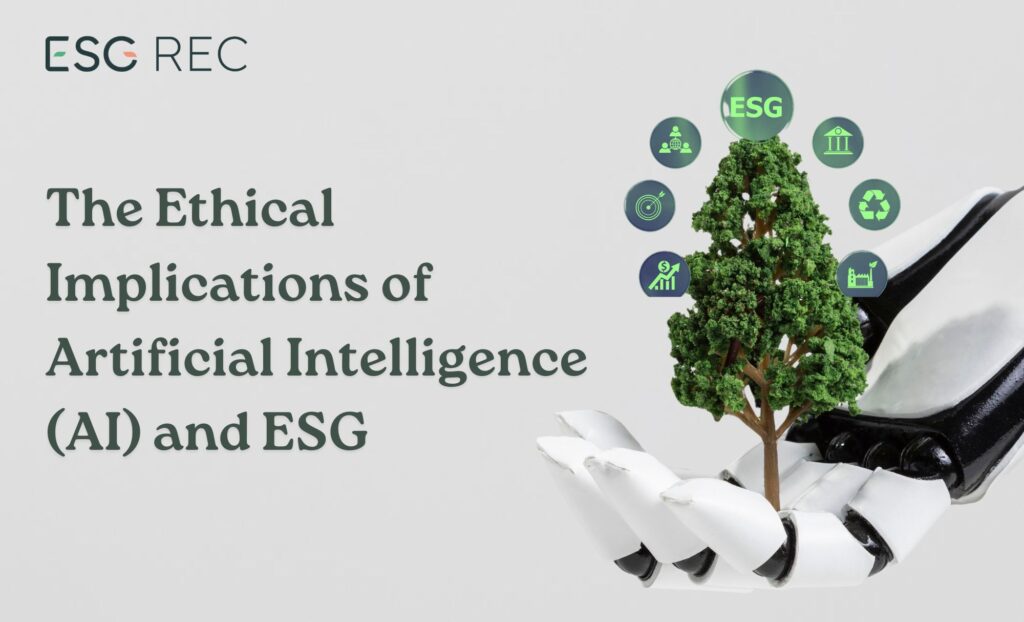In today’s rapidly evolving business landscape, the importance of Diversity and Inclusion (D&I) is more than just a buzzword – it’s a fundamental part of a successful Environmental, Social, and Governance (ESG) strategy. As the ‘social’ aspect of ESG continues to gain prominence, companies are realising that fostering a diverse and inclusive workplace not only benefits their employees but also enhances overall business performance.
Let’s delve into why D&I is vital for your ESG strategy, how it contributes to innovation and employee satisfaction, and the best practices for embedding D&I into your company culture.
How Diversity Boosts Innovation, Creativity, and Problem-Solving
One of the most compelling reasons to prioritise diversity within your business is its direct impact on innovation. When people from different backgrounds, experiences, and perspectives come together, they bring fresh ideas that drive creativity and problem-solving. This diversity of thought is essential for businesses looking to stay ahead of the competition and solve complex challenges.
- A Range of Perspectives: A diverse workforce brings a variety of viewpoints, enabling businesses to approach problems from different angles. This leads to more creative solutions and often results in groundbreaking ideas that wouldn’t have emerged in a more homogeneous team.
- Improved Decision-Making: Studies have shown that diverse teams make better decisions. By drawing on a wide range of experiences and expertise, businesses can make more informed choices that consider a broader spectrum of possibilities.
- Stronger Innovation: Diverse teams are more likely to challenge the status quo, which can lead to innovative products, services, and business models. This creativity not only drives profitability but also helps companies stay relevant in a fast-changing market.
The Connection Between D&I and Employee Retention
Creating a culture of inclusion and diversity doesn’t just attract top talent – it helps retain them too. Employee satisfaction and retention are closely linked to how inclusive and diverse the workplace is. Employees want to feel valued, heard, and respected, regardless of their background.
- A Sense of Belonging: Employees who feel that they are part of an inclusive environment are more likely to be engaged in their work and loyal to their employer. A sense of belonging can significantly reduce turnover rates and increase overall productivity.
- Attracting Top Talent: A company that actively promotes D&I is more likely to attract candidates who are looking for a respectful and inclusive work culture. Millennials and Gen Z, in particular, place a high value on diversity in the workplace and are more likely to stay with an employer that reflects their values.
- Employee Wellbeing: Inclusive workplaces foster an environment where employees can thrive, leading to improved mental and emotional wellbeing. When employees feel supported and valued, their job satisfaction increases, which directly impacts performance.
Best Practices for Fostering Diversity Within Your Company
Embedding diversity and inclusion into your company culture requires commitment and a proactive approach. Here are some best practices for building a more inclusive workplace:
- Leadership Commitment: For any D&I strategy to be effective, it must have strong leadership support. Leaders should publicly champion diversity and inclusion, set clear expectations, and lead by example.
- Inclusive Hiring Practices: Ensure that your hiring process is fair and inclusive by removing biases from recruitment practices. Use blind recruitment techniques and partner with organisations that focus on underrepresented groups to ensure diversity in your talent pool.
- Employee Training and Awareness: Providing D&I training helps employees understand unconscious bias, microaggressions, and the importance of creating an inclusive environment. Regular workshops and discussions can raise awareness and empower employees to act inclusively.
- Create Employee Resource Groups (ERGs): ERGs provide a platform for employees to come together based on shared characteristics, such as gender, race, or disability. These groups can help foster a sense of community and belonging within the organisation, while also providing feedback to leadership on how to improve D&I initiatives.
- Offer Equal Growth Opportunities: To ensure true inclusion, businesses must provide equal opportunities for career development and advancement. Mentorship programmes, training initiatives, and leadership development programmes should be available to all employees, regardless of their background.
- Measure and Report Progress: Set clear D&I goals and track your progress over time. Regularly assess the effectiveness of your D&I initiatives and make adjustments as needed. Transparency in reporting shows your commitment to continuous improvement.
Why D&I Matters for Your ESG Strategy
Diversity and inclusion are no longer just nice-to-have – they are a must-have for businesses aiming to create positive social impact. As the focus on ESG increases, companies that embrace D&I are more likely to attract investors, customers, and talent. A commitment to diversity is a clear signal that a business values people and is dedicated to fostering a fair and inclusive society.
For organisations looking to boost their ESG credentials, integrating D&I into their corporate strategy is essential. It demonstrates a commitment to the ‘social’ pillar of ESG, improves employee satisfaction, and positions the company as a forward-thinking leader in the marketplace.
Get Started on Your D&I Journey with ESG REC
Interested in improving your diversity and inclusion strategy? ESG REC can help your business build a more inclusive culture, tailor your D&I initiatives to your specific needs, and drive real, measurable change. Reach out to us today to learn how we can support your ESG goals and help create a more diverse and inclusive workplace.
Let’s make diversity and inclusion a priority for your business – because a more inclusive workplace is a more successful one.
Ready to enhance your diversity and inclusion strategy? Visit [www.esgrec.com](http://www.esgrec.com) today to learn how we can help your business build a more inclusive, sustainable future. Let’s make a positive impact together!


